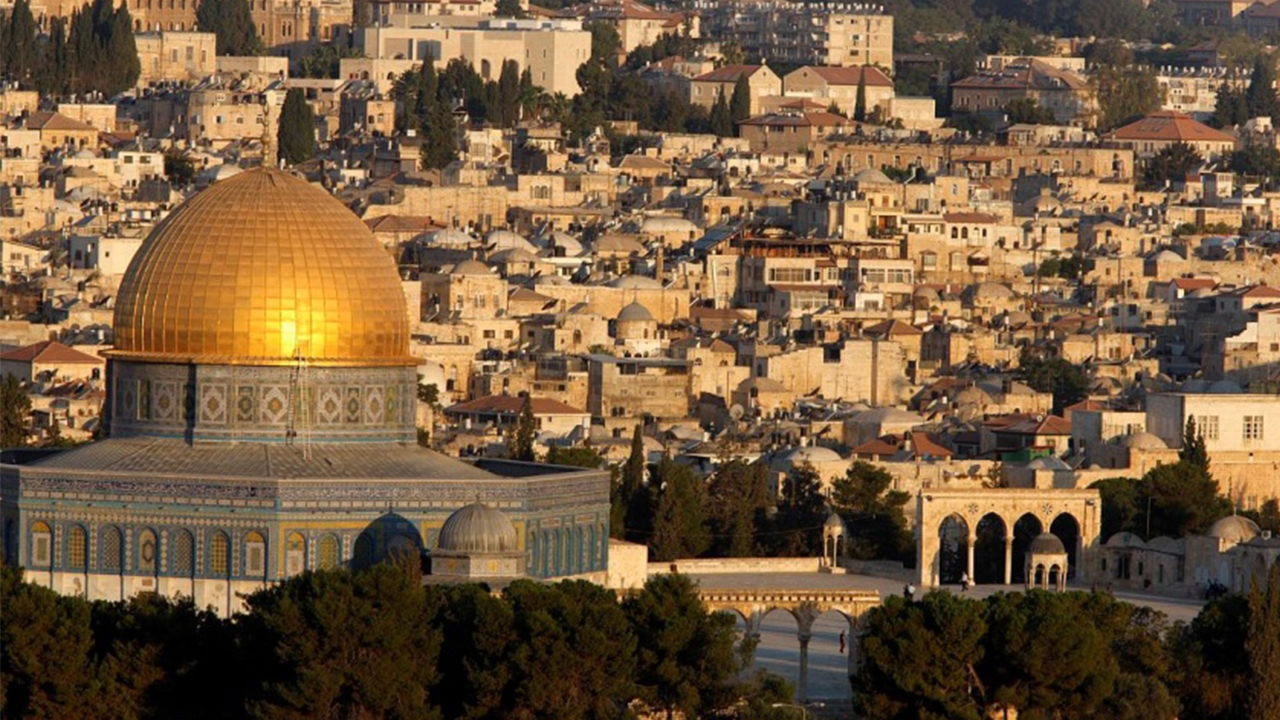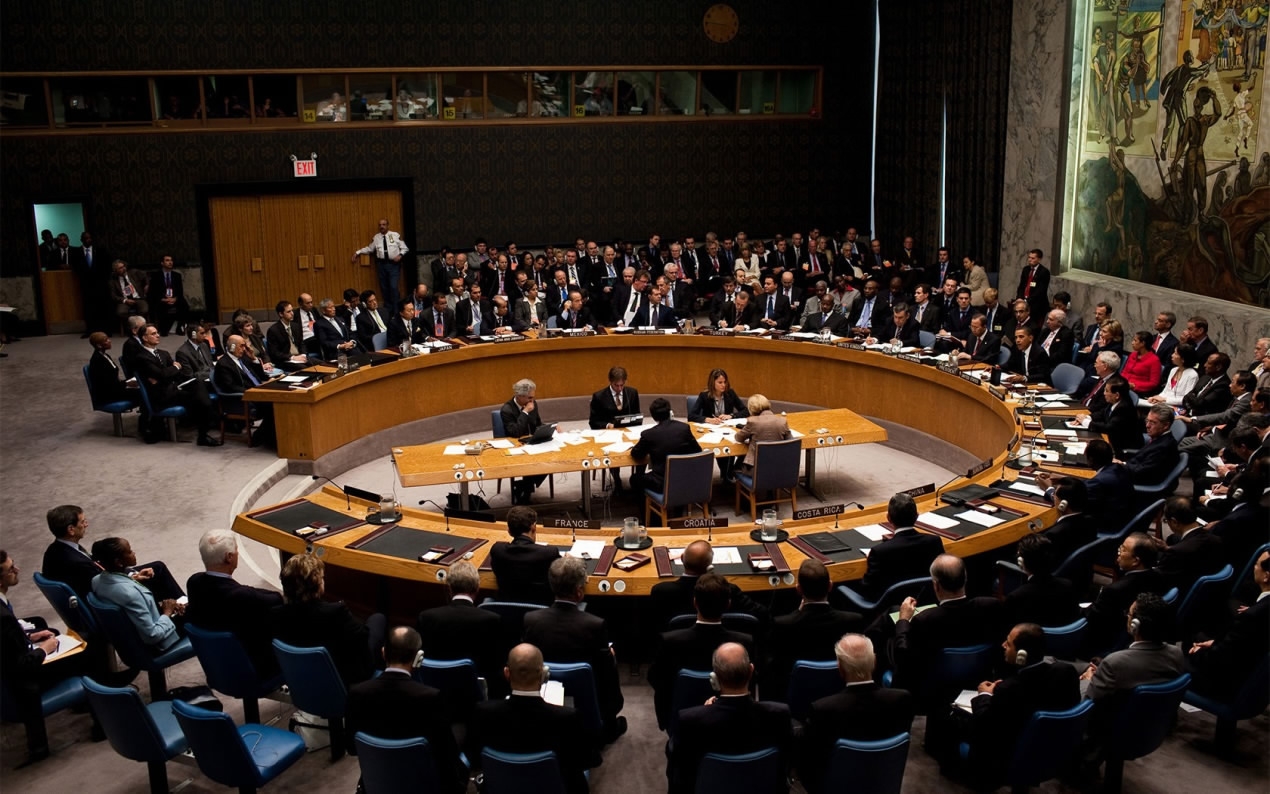
Politics
16:25, 29-Dec-2017
2017 News Map: Jerusalem capital controversy
By Ma Ke

The spotlight is on the 3,000-year-old holy city of Jerusalem in the December segment of CGTN's 12-episode special series “News Map 2017."
The series, running from December 18 to 29, reviews the most stirring events, relives the most touching stories and recalls the most powerful faces of 2017.
Jerusalem is seen as holy by three religions, but hopes of peace in the Middle East have once again fallen to turbulence and violence, resulting from US President Donald Trump's controversial recognition of the ancient city as Israel’s capital.
The announcement was not unexpected.
The US Congress passed the Jerusalem Embassy Act in 1995, legally recognizing the city as the Israeli capital and authorizing the embassy's relocation. But the embassy move never happened, because then President Bill Clinton and his successors routinely signed presidential waivers to postpone the action, in an attempt to avoid exacerbating the Palestine-Israel conflict.

Soldiers in action at Israel-Palestine border clashes. /VCG Photo
Soldiers in action at Israel-Palestine border clashes. /VCG Photo
Within days of Trump’s announcement, which broke the history-honored precedent, protests broke out all over the Arab world and other Muslim countries. The Arab League swiftly called an emergency meeting, deciding on a unified stance to protest the unilateral US plan, while the Organization of Islamic Cooperation reacted with a unanimous recognition of East Jerusalem as the Palestinian capital.
The issue reached a new stage on December 18, when 14 out of 15 members of the UN Security Council voted in favor of an Egypt-drafted resolution opposing the US decision.
The US vetoed the resolution.
And a few days later, on December 21, Washington faced more opposition at the UN, with members of the General Assembly overwhelmingly rejecting the US move.

The United Nations Security Council in session /VCG Photo
The United Nations Security Council in session /VCG Photo
UN Secretary-General Antonio Gutteres said there is no plan B for the Israel-Palestine conflict. The EU, too, has stated it would not recognize any changes to the pre-1967 borders.
Despite this, US ambassador to the UN Nikki Haley argued that her country has a sovereign right to determine where and whether to establish an embassy in a country, hinting that the Jerusalem move is imperative.
One day after the General Assembly vote, the Israeli Prime Minister Bejamin Netanyahu told CNN that several countries are seriously considering following in the footsteps of the US by moving their embassies to Jerusalem.
The US announcement on Jerusalem has led to dozens of deaths in border clashes.
US Secretary of State Rex Tillerson has said it will take around two years for the embassy relocation to happen, which could spell more chaos and clashes in the region.

SITEMAP
Copyright © 2018 CGTN. Beijing ICP prepared NO.16065310-3
Copyright © 2018 CGTN. Beijing ICP prepared NO.16065310-3